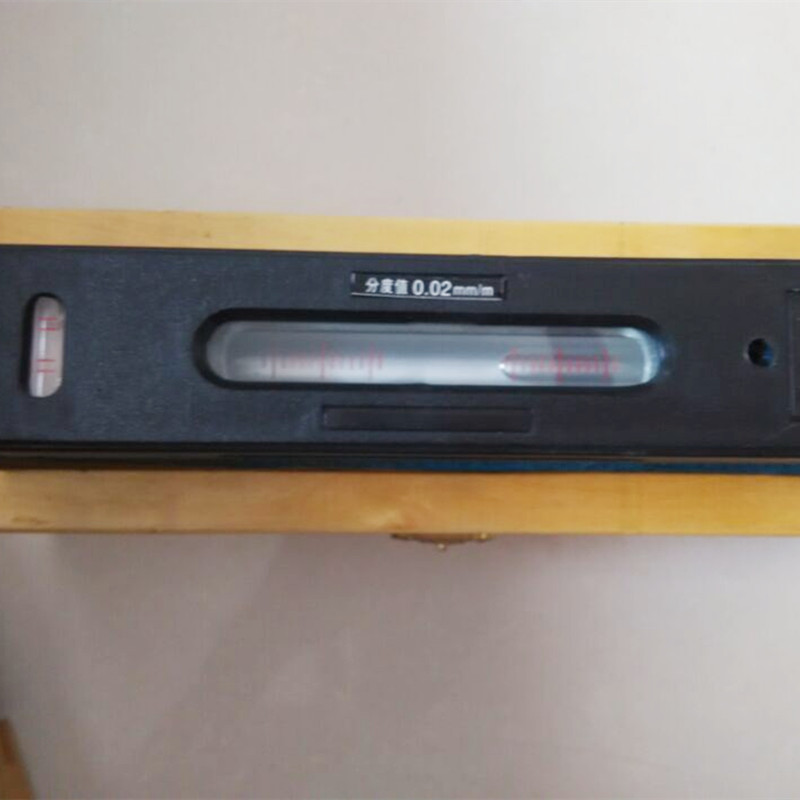តុលា . 08, 2024 04:57 Back to list
measuring pin gauge
Understanding Measuring Pin Gauges Importance and Applications
Measuring pin gauges are precision tools commonly used in manufacturing and engineering to ensure the accuracy of dimensions and specifications in parts and assemblies. These gauges play a crucial role in quality control, ensuring that products meet specified tolerances and function effectively in their intended applications.
What are Measuring Pin Gauges?
Measuring pin gauges, also known simply as pin gauges, are typically cylindrical rods made of steel or other durable materials. They come in various diameters and lengths, allowing them to fit into holes, openings, or other dimensions of products. Pin gauges are available as either go or no-go gauges. Go gauges confirm that a feature has passed the minimum size requirement, while no-go gauges check that it does not exceed the maximum size.
Importance of Measuring Pin Gauges
1. Precision in Manufacturing In the world of manufacturing, precision is paramount. Measuring pin gauges provide a simple yet effective means of ensuring that parts are machined to the correct specifications. With tolerances getting tighter in modern manufacturing, these gauges ensure that components fit together seamlessly.
2. Quality Control Utilizing pin gauges as part of a quality control process helps reduce the risk of defects in production. By systematically measuring critical dimensions, manufacturers can identify issues early in the production process, saving time and resources associated with scrap and rework.
3. Ease of Use Measuring pin gauges are easy to use. Operators can quickly insert the gauge into a hole or feature to evaluate its size without complex setups or equipment. This ease of use contributes to efficiency on the shop floor.
4. Versatility Pin gauges can be employed across various industries, including automotive, aerospace, electronics, and more. They are suitable for checking holes in mechanical parts, validating shaft tolerances, and even inspecting molded parts. Their versatility makes them indispensable tools in many quality assurance processes.
measuring pin gauge

Selecting the Right Measuring Pin Gauge
Selecting the right measuring pin gauge is essential for effective measurement. Here are several factors to consider
1. Material Pin gauges are commonly made from hardened steel or stainless steel, ensuring durability and resistance to wear. In applications where corrosion is a concern, stainless steel is preferable.
2. Size Accuracy in size is vital; therefore, selecting a pin gauge that closely matches the dimensions of the features being measured is crucial. Manufacturers typically offer sets of pin gauges in standard sizes for convenience.
3. Calibration Regular calibration of pin gauges is necessary to maintain their accuracy. Like any measurement tool, pin gauges can wear over time or change through mishandling, which can compromise their reliability.
4. Storage and Handling To prolong the life and accuracy of measuring pin gauges, proper storage and handling are essential. Keeping them in a protective case and handling them with care minimizes the risk of damage.
Conclusion
In summary, measuring pin gauges are invaluable instruments in modern manufacturing and quality control. Their precision, versatility, and ease of use make them essential for ensuring that components meet exact specifications. As industries continue to prioritize quality and efficiency, the role of measuring pin gauges is more important than ever, providing the assurance needed to uphold manufacturing standards and deliver reliable products.
-
Wear Resistance Strategies for Trapezoidal ThreadsNewsJun.26,2025
-
Selecting Thread Gauge Types for Aerospace Component InspectionsNewsJun.26,2025
-
Ring Gauge Influence on Cigar Aging Potential and Storage SolutionsNewsJun.26,2025
-
Pin Gauge Training Programs for Enhanced Dimensional Inspection SkillsNewsJun.26,2025
-
Custom Spline Ring Gauge Design for Unique Engineering NeedsNewsJun.26,2025
-
Cost-Effective Alternatives to Custom Threaded Ring GaugesNewsJun.26,2025
Related PRODUCTS









